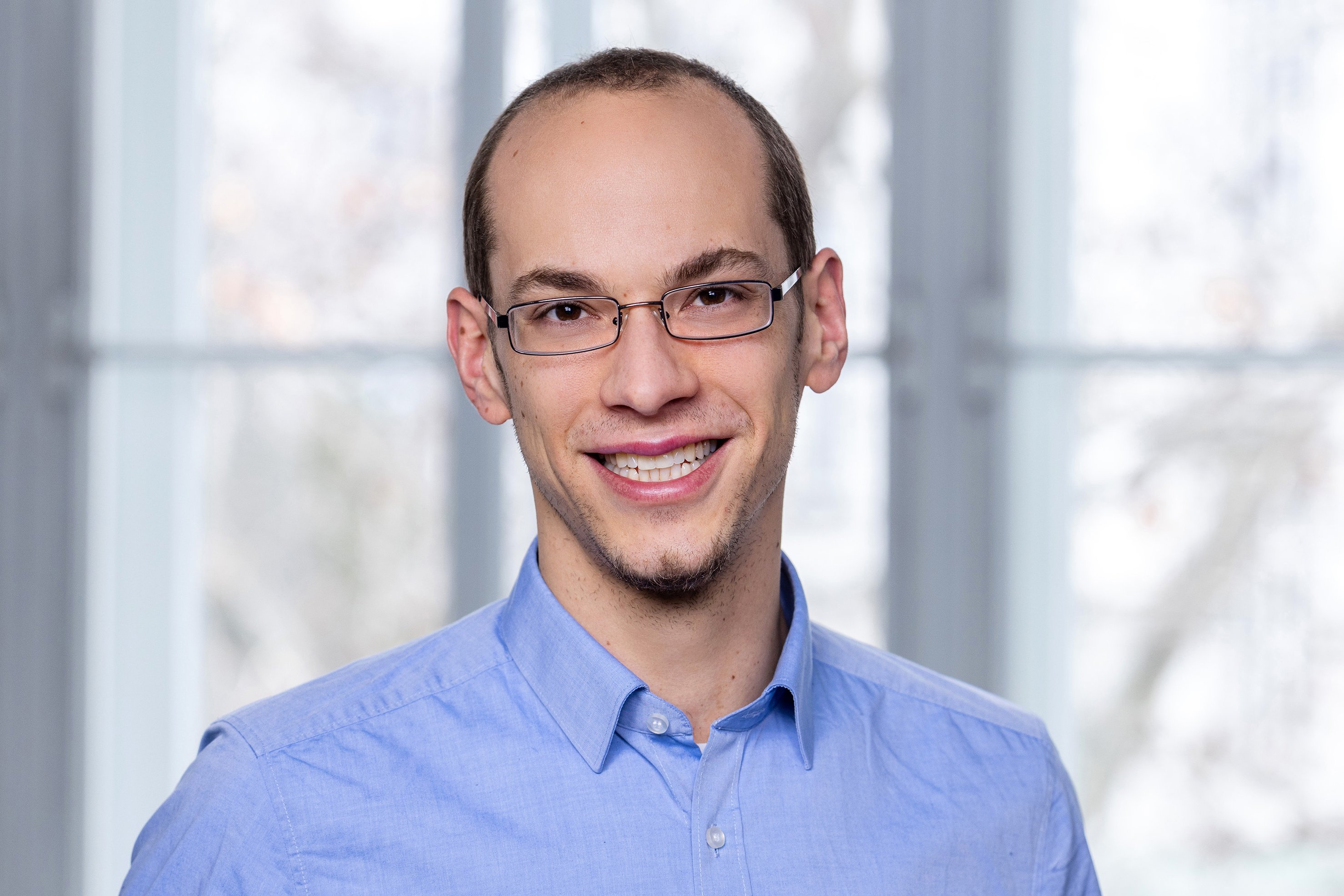
(Vienna, 08 November 2022) Thomas Vogl starts a §99-(5) Assistant Professorship in “Microbiome in Cancer Immunology” under the tenure-track model at the Medical University of Vienna. Focusing on interdisciplinary research in immunology, oncology, and microbiology, he has been leading a research group at the Center for Cancer Research at the Medical University of Vienna since August 2022.
In recent years it has been increasingly appreciated that certain cancer therapies are beneficially affected by a diverse, healthy composition of intestinal microbes. The gut microbiome refers to this collective of bacteria living in our intestines. These strains can play a significant role in activating the immune system to fight cancer cells. At the same time, however, other bacterial strains have been linked to the occurrence of certain cancers, such as colorectal cancer. How the immune system differentiates between beneficial and harmful microbes, and how these individually influence cancers, is only incompletely understood.
Thomas Vogl and his multidisciplinary team of molecular biologists, immunologists, and bioinformaticians are investigating which microbial and tumor factors are crucial for successful cancer therapies. His expertise lies in the combination of biological experiments with computer-assisted analyses. In this context, the immune system is analyzed in the laboratory using blood samples from patients alongside novel high-throughput methods and automated liquid handling robots.
Thomas Vogl studied molecular biology in Graz obtaining a doctorate in Molecular Biomedical Sciences. During postdocs in Australia (Queensland University of Technology) and Israel (Weizmann Institute of Science) he applied machine learning and data science approaches to study the human immune system at unprecedented depth. His current research of functional immunomics of the human microbiome is supported by an ERC Start Grant (“EarlyMicroAbs”) and he is the coordinator of the upcoming EU Horizon Health consortium “ID-DarkMatter-NCD”. Overall, Thomas Vogl’s work combines experimental biology (robotic high-throughput immunoassays) with data science (machine learning, bioinformatics) to gain a holistic view of interactions of the microbiota with the adaptive immune system and how these processes affect cancer.